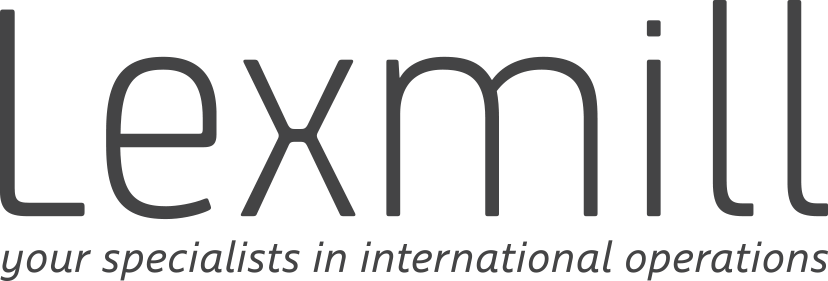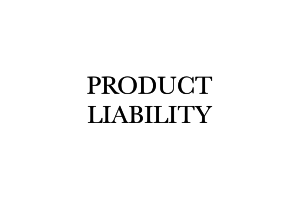Under Italian laws, as general rule, when a business going concern is sold, buyer becomes legally bound to satisfy any prior relevant debt (whatever their nature, including tax), provided it is duly evidenced in that business’ books (2nd part of art. 2560 Italian civil code – c.c.)[1]. (It is now a well-established principle in the Italian case law that when the sold business is just an operating unit of a whole concern, liability is limited to debts relating to that operating unit only), provided that that unit is actually an aggregate of organised assets (and just a non-autonomous bulk of assets)[2].
Moreover, under certain conditions, liability may extend to tax debentures, irrespective of the fact they result or not from the business’ books. In fact, buyer – as any other assignee of a business[3] – may be asked to pay, in cases other than judicially-monitored insolvency procedures, any tax and relevant penalties possibly due in respect of claims made by a tax authority in the 3 latest fiscal years (including the one where the acquisition has taken place), that assignor has not paid (art. 14, legisl. Decree 472/1997 – an anti-elusion rule). Said claims may refer to events occurred prior to the 3-year period. However, assignee’s liability cannot extend over the value of the business transfer. Also, debentures must be the object of a proceedings initiated by tax authorities before the business’ assignment deed.
In order to avoid or limit this special liability, an assignee may ask the competent tax authorities to release a certificate stating any existing claims: should none exist, or the certificate be not released within 40 days from request, assignee is exempted from liability whatsoever, with the exception of fraudulent operations[4]. In other words, by asking a certificate of tax debentures an assignee may take benefit of a sort of anticipatory relief.
Any “due diligence” must take into account these two basic rules; and it is highly advisable to file a request to the tax authority for a certificate of clean status.
However, the Cassation court has stated the principle that to file no request for a tax clearance certificate does not amount to any waive of the shield granted in general to assignee in respect of tax debentures under art. 2560 c.c. (i.e. the 3-year limitation shall apply in any case). Fraud excluded, of course[5].
Also, a recent decision the Cassation court has clarify – following the Gros Market Italia case – that assignee of operating unit/s only, is possibly liable for the tax debentures relating to that operating unit/s only, provided he gives evidence of the autonomous functional nature of the acquired unit, i.e. its ability to stand alone, in respect of the remaining portion of the business going concern (that has not been assigned).[6]
Those who are interested in receiving (free) full copy of the annotated decision, please write to newsletter@lexmill.com.
______________
[1] In the context, the term “Business going concern” legally designates the aggregate of assets a businessman arrange, and utilise in order to conduct a given business activity. This usually encompass both tangible (such as machinery, brick and mortar infrastructures, …), and intangible assets (trademarks, knowhow, the texture of various relations with suppliers, and clients, etc…) whose consistency is obvuously ever changing in time depending on circumstances and the business’ needs.
[2] See Cassation Court no. 13319 of 30/06/2015, Gros Market Italia, for a case where sellers had sold buyers their grocery store business, with the exception of the butchery unit. The latter was considered as an individual operating unit even though sellers would maintain no separate bookkeeping. The actual test consists in ascertaining whether the assigned assets may, or not continue to perform their previous functions autonomously, after being transferred to buyer.
[3] The term encompassed a sale of business, but also any other type of operations, such as barter, donation, lease, and the like.
[4] For a recent case of fraud, see the twin decisions Cassation Court nos. 10648 and 10649 of 01/04/2022, Il Gozzo where the assignee turned out to be a newco created for purpose by the very same shareholders of the assignor “bad company”. Fraud is presumed when the assets assignment take place in the 6 months following a claim based on a vendor’s activity which is punishable as a crime.
[5] Cassation Court no. 17264 of 13/07/2017, Eusider relating to the sale of a business unit entered in March 2002 between C.S.L. Centro Servizi Lamiere and Eusider, two Italian companies based near Lecco (Northern Italy). In December 2002, Agenzia delle Entrate (the Italian central tax agency) started a fiscal assessment on CSL relating to fiscal years 2001 and 2002, and tried to extend the relevant liability to Eusider, as assignee. This was eventually rejected by the lower fiscal courts, and the Cassation court on the ground that the assessment was not yet commenced, at the moment when the business unit had changed hands.
[6] Cassation Court no. 11678 of 11/04/2022, Centro Car relating to a case where car vendors had sold their car repairing laboratory. The mere finding drawn from annual stats declarations (evidencing a very limited income generated by the laboratory in respect of the whole concern’s) were held as insufficient to give evidence of the laboratory’s autonomy.













